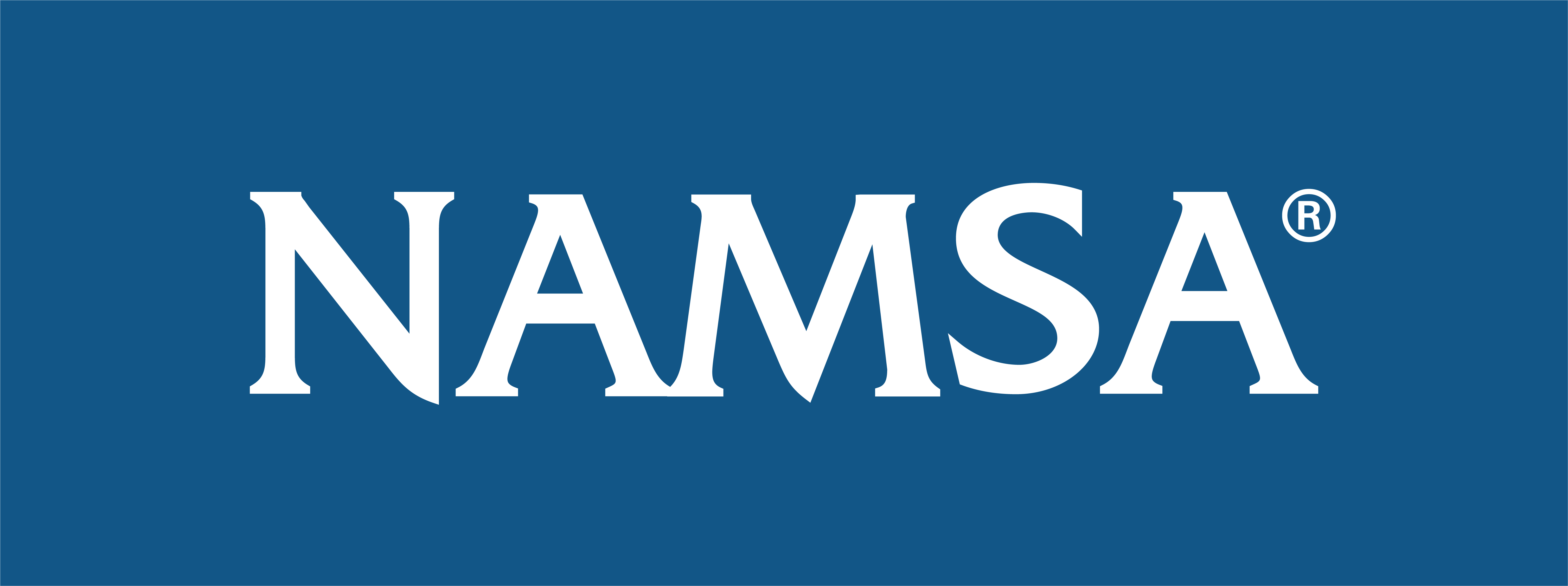Matt Royle has 20+ years of experience working cross-functionally within medical device start-ups, medium-sized and multinationals, which has allowed him to develop an understanding of the regulatory and quality challenges unique to each.
Matt began his career in 2004 working in research and product development for Corin, a UK-based orthopaedic joint replacement manufacturer, where he focused on implant submissions to the U.S. Food and Drug Administration (FDA) (i.e., PMA and 510(k)) and developing new surgical instrument systems. Matt returned to academia in 2008 to pursue a PhD, sponsored by Corin, in orthopaedic engineering. He then broadened his device knowledge by working for a small spinal bone grafting company, where he was responsible for ensuring ongoing maintenance of CE technical files and design dossiers for CE marking under the EU Medical Device Directive (MDD), as well as compiling 510(k) submissions. In 2013, Matt joined DePuy Synthes as a Senior Bioengineer, working on a number of hip development projects, before joining LRQA, a UK-based Notified Body, as a Product Specialist in Orthopaedics and Spinal, where he conducted class III design dossier and class IIb/IIa technical file reviews against Directive 93/42/EEC. Matt joined NAMSA in 2019 and has worked with a range of different medical device manufacturers, advising on how to navigate the requirements of the EU Medical Device Regulation (MDR) and create compliant technical documentation.
CORE COMPETENCIES
- Preparing MDR technical documentation and answering Notified Body question
- Gap Assessment: All aspects of reviewing MDD technical file/design dossier against the increased requirements of MDR and Medical Device Coordination Groups (MDCGs). Advising manufacturers on how to close the gaps
- Regulatory Strategy: Working with manufacturers to develop meaningful MDD to MDR transitions plans, including approaches to meeting the more stringent clinical evidence requirements, as well support them in understanding how to implement MDCGs
- Creating clinical evaluations and Post-Market Clinical Follow-up (PMCF) plans to meet MDR requirements, MDCG guidance and MEDDEV 2.7/1 rev 4
- Preparing technical documentation to meet Annex II and III of the MDR, as well as support in understanding and addressing Notified Body non-conformities
- Technical leadership on design verification and validation studies and development of bespoke test protocols in device-specific circumstances
- Training – Development and delivery of materials related to CE-marking
RECENT PROJECTS
- Regulatory due diligence to support a large medical device manufacturer acquisition
- MDR subject matter expert, supporting a medical device manufacturer to understand MDR requirements, directing the transition strategy, building and leading effective remediation teams and developing technical documentation in readiness for MDR submissions
- Clinical evaluation and Post-Market Clinical Follow-Up (PMCF) strategy for an established manufacturer struggling to close specific performance and safety endpoint questions from their Notified Body
PUBLICATIONS
- Effective Communication with your Notified Body. The RA QA Café. 2024. https://open.spotify.com/episode/5zVYgKW48TcXC8VLmFPqKs.
- Understand and Apply Best Practices for Writing PSURs and Documenting the Benefit-Risk of Your Device. RA QA Café Podcast – Live! (On-Demand). The RA QA Café. 2023. https://www.raps.org/products/ra-qa-caf-podcast—live-on-demand. https://namsa.com/resources/podcasts-and-videos/ra-qa-cafe/raqa-cafe-live-raps-eu-convergence-and-effective-mdr-compliant-periodic-safety-update-reports/. https://open.spotify.com/episode/54Gyxa92nAehFN3tSJ9UoA.
- Meaningful Conversations About Benefit-Risk Analysis – A Panel Discussion. Combined Session. RAPS Convergence 2022, Phoenix, Arizona, US.
- New Challenges of Nanomaterials Under the MDR – Using a Risk-Based Approach to Demonstrate Compliance. Solutions Circles. RAPS Convergence 2022, Phoenix, Arizona, US.
